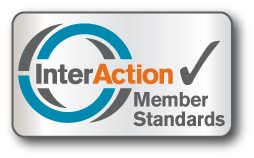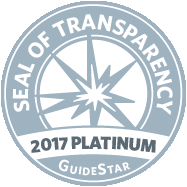Putting the community first in community-led development
“WEEMA was the first development organization that ever asked us what we thought we needed.” — Community Elder in Mudula
Holistic, community-led development underpins all of WEEMA’s work in Ethiopia. But what does that really mean?
The “holistic” part is a recognition that communities where we work have diverse interrelated needs. We can’t tackle just one issue – demand for clean water services, for example – and expect it will create thriving communities. Improvements in education, healthcare, and economic opportunities are also needed.
Identifying these broad needs – and then pinpointing specific projects that can help the most – is where the “community-led” part comes into play. It is challenging to do this right and it’s a key difference maker on whether projects succeed and endure, or fall apart after our involvement ends. And WEEMA is not alone: It’s the existential question NGOs providing services constantly wrestle with.
For WEEMA, community-led development means working hand-in-hand with the community at every step – from conceptualizing a specific need, to designing a sustainable solution, to building accountability and improvement mechanisms so projects achieve long-lasting impact.
This means lots of interactions and involvement at all levels, from village elders and government leaders, to local teachers and health workers, to direct beneficiaries themselves, whether it’s school-age children or people with disabilities.
“WEEMA reaches out to the most marginalized, builds bridges within communities, mobilizes local resources, and empowers key stakeholders to ensure that projects are successful and sustainable,” said Ashenafi Tadesse, WEEMA’s Program Manager.
The key is building community ownership, he says.
“They are directly participating in the project. They know the project is their own. They have an ownership mentality that the project is by them and for them,” he said.
Tadesse offers a few real-world examples to explain what he means: When new kindergarten facilities were built, the community identified and collected local building materials. When a school is being upgraded for children with disabilities, children who are blind and deaf are invited to inspect and provide feedback on the physical changes. When a few computer tablets went missing at a digital learning program for children, the community came together to track them down.
“They felt that this was their project, so they fought to get the tablets back using their culture, religion, strong social capital, and solidarity,” he said.
Building more robust accountability systems is a key focus for improving WEEMA’s community-led model. More extensive training and stronger information sharing, whether through suggestion boxes, complaint mechanisms or other feedback vehicles, are among the options WEEMA is exploring as we seek to keep improving.
As with all of our work, community members will let us know which options make the most sense.







